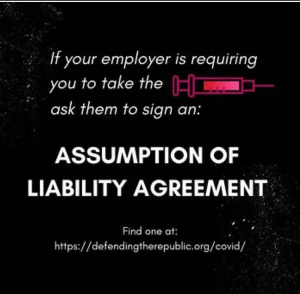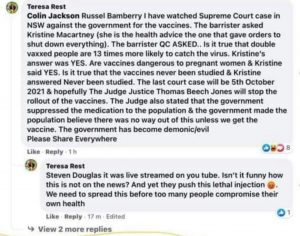
Lime Water Egg Preserving

No. These are not pickled eggs. These are homegrown, unwashed eggs stored in lime water. The lime water fills in all the pores of the egg and encases them in a shell of “glass”. Water glassed eggs can last stored at room temperature like this for up to 2 years. This method of preserving raw eggs has been used since the 1800s and was common even into the 1940s and 50s. When refrigerators became a standard kitchen appliance, water glassing almost became a lost art.
You cannot use commercial eggs for this because they have all had the protective coating (bloom) washed off the shell and will quickly go bad. I recently scrambled up 18 eggs that had been stored in lime water for 7 months on an unrefrigerated cupboard shelf and they tasted perfectly fresh (although the yoke seemed a bit thinner than fresh eggs).
Anyhow, if you have an abundance of fresh, unwashed eggs, you might want to try putting some away for later. The ratio is one ounce (by weight) of lime (calcium hydroxide) to one quart of water. Calcium hydroxide is a completely natural, organic ingredient and harmless, although the powder is very fine and may irritate your lungs if you breathe it in. The lime water also quickly dried out the skin on my hands and I had to apply lotion to get them back to normal. When you do use the eggs, be sure to rinse them thoroughly before you crack them or they will taste like lime.
FYI: a gallon size container will store about 40 eggs. Lime is also known as calcium hydroxide. You can buy it in 50 pound bags in the masonry section of the hardware store, or in 1 pound bags in the canning section of the grocery store….often labeled as “pickling lime”.
US Patent 11,107,588 B2

System and methods for anonymously selecting subjects for treatment against an infectious disease caused by a pathogen. The system comprises a plurality of electronic devices comprising instructions to generate an ID and, when in proximity of another such electronic device, one or both electronic devices transmit/receive the ID to/from the other electronic device. Then, a score is generated based on a plurality of such received IDs. Additionally, based on information received from a server, relevant treatment instructions are displayed to the subjects based on the received information and the score. The server comprises instructions for sending to the plurality of electronic devices the information to be displayed with the relevant treatment instructions, additionally the server and/or the electronic devices comprise instructions to generate a prediction of likelihood of a subject transmitting the pathogen, based on the score of the subject.
Death Of The Germ Theory From 6 Medical Giants

Dr Christiane Northrup
Dr Sherri Tenpenny
Dr Carrie Madej
Dr Lawrence Palevsky
Dr Tom Cowan
Dr Andrew Kaufman
https://earthheroestv.com/programs/death-of-the-germ-theory-2021-57431-776ba2
2030 UNMASKED — What’s Coming After Covid?

A comprehensive 2-hour video covering the agenda. There are powerful people who do not want you alive tomorrow.
https://gumshoenews.com/2021/09/21/2030-unmasked-whats-coming-after-covid/
Forced Vaccination Was Always the End Game
Court Testimony

13 times more likely to catch Covid! Wow!
Urgent message from university hospital manager and academic Kieran Morrissey

One man has pieced together a few more dots to predict the next play from the power elite in their depopulation agenda.
Stew Peters Interviews Dr Zandre Botha

Dr. Zandre Botha was shocked after studying the blood of Covid jabbed patients coming to her with serious illness after being injected.
Unvaxed at Risk from Vaxed – Karen Kingston

Karen Kingston is a medical analyst. She explains how the vaccinated are causing harm to the unvaccinated via shedding.
https://rumble.com/vn4k09-unvaxed-at-risk-from-vaxed-karen-kingston.html
